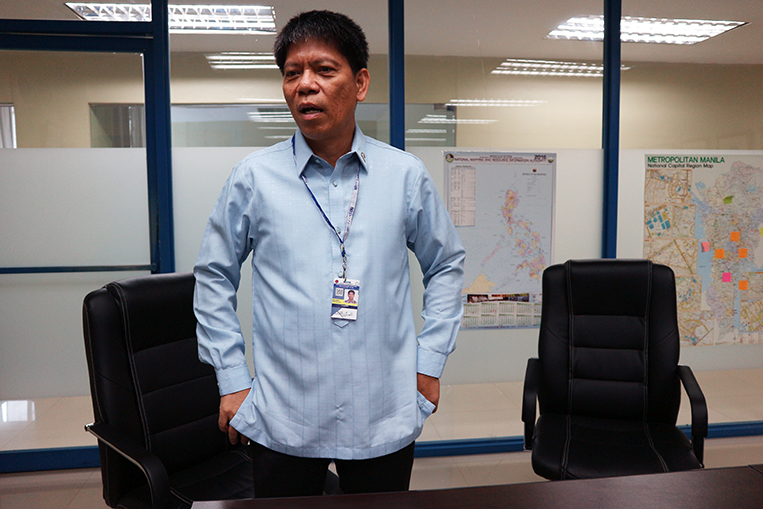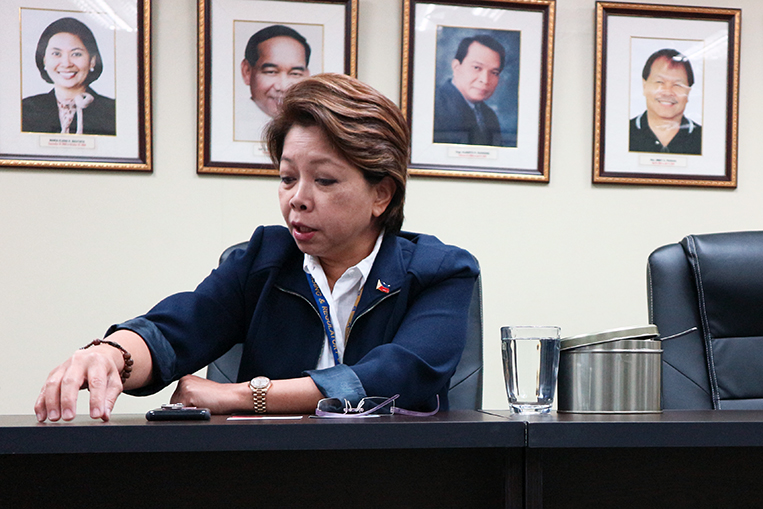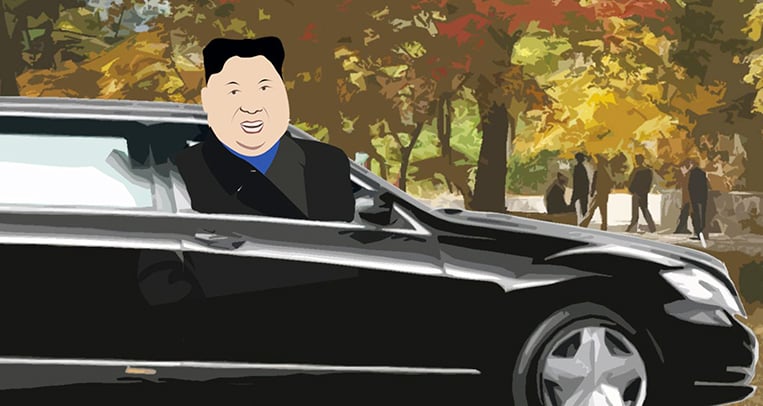
If local television producers ever run out of ideas for new soap operas, then copying the long-running drama that is engulfing the ride-hailing industry in the Philippines should be more than enough to keep viewers screaming at their screens. This tragic telenovela, mostly played out on the backs of long-suffering commuters, seems to run off a script that even the most creative writer in show business would have trouble coming up with. Just look at the latest episode of this saga which unfolded this week and has left plenty of people scratching their heads again.
On Monday, transport network company Grab was ordered to pay a penalty of P10,000,000 by the Land Transportation Franchising and Regulatory Board for overcharging its passengers. The agency also ordered Grab to pay back to its customers the P2-per-minute extra travel charge that was first introduced by the company in June 2017 and then suspended by the regulator last April. Naturally, MyTaxi.Ph, the company behind Grab in the Philippines, wasn’t too happy about this and got its lawyers on the case straight away.
According to the latest statement from the transport provider, the P2-per-minute fare component was legal and backed by the since-renamed Department of Transportation and Communications’ Department Order 2015-011, which authorized TNCs to set their own fares. The company claims that the LTFRB—which was authorized to regulate ride-sharing companies by the Department of Transportation in June—had no authority to declare the above-mentioned DOTC order invalid and that only a court could have done so. On top of that, Grab says that it told the LTFRB about this matter in the past, that no concerns about it were raised by the regulator, and that no overcharging took place as fixed and upfront fares were being shown to customers prior to a ride being booked.

The LTFRB, in turn, justified its decision in a nine-page document filled with the usually convoluted government-speak, and anyone brave enough to read the whole thing was rewarded with an interesting nugget right at the end. All such orders are always signed by the LTFRB chairman and the board, but in this particular case, board member Aileen Lizada noted next to her signature that she was dissenting from the content of the document. She clarified this rarely seen step by issuing her own dissenting opinion in writing shortly afterward, wherein she made it clear that she believes Grab did indeed have the right to set its own fares. She continued by saying that the ride provider did also tell the LTFRB about the charge, and that the penalty was effectively imposed based on a technicality—meaning that, in her opinion, it should not have been imposed at all.
If even the government body tasked to regulate TNCs can’t agree within itself on how to do things, what chance is there for a stable ride-sharing industry?
LTFRB chairperson Martin Delgra responded by acknowledging the dissenting opinion of his colleague, but also stated that the majority had ruled otherwise. Considering that the board consists of just three people and therefore this majority is just two against one, you could be forgiven for saying that it all seems a bit weak and not exactly blessed by common sense. Delgra also said that Grab can still appeal the order within 15 days, which the company has already said it will.
The result of this whole back-and-forth drama is that we have now reached a new peak of uncertainty. If even the government body tasked to regulate TNCs can’t agree within itself on how to do things, then what chance is there for a stable and well-regulated ride-sharing industry? No matter whose side you’re on in this mess, this latest chapter of what has long become an unacceptable spectacle is hurting everyone involved. Drivers are losing income, the government is losing credibility, and commuters are increasingly losing the will to live. Maybe the time is right for a new approach to regulating TNCs. Suggestions, anyone?











Comments